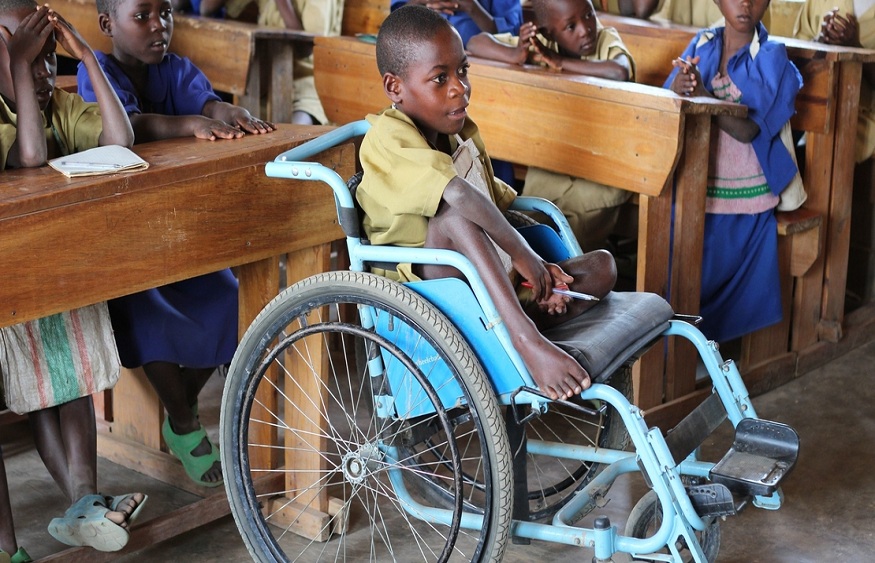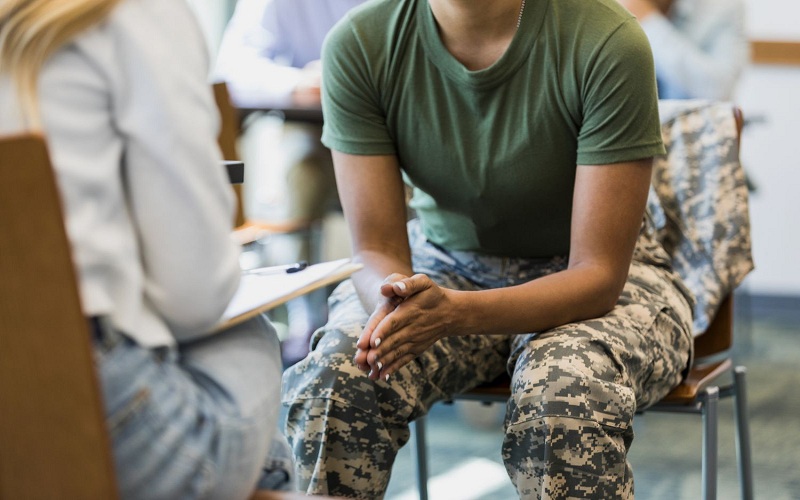What To Consider When Choosing Outdoor Activities for Differently Abled Youths
Outdoor activities play a major role in outdoor learning. They offer many benefits, and the choices are endless. They also enhance health and promote relaxation for kids and youths with different needs. However, many factors come into play when determining the right outdoor adventure activities for youths with special needs.
Here is what to consider when choosing outdoor learning activities:
1. Individual abilities and needs
Everyone has special abilities, and knowing the specific needs of the participants helps in planning. Consider their physical, sensory, cognitive, and emotional capabilities to ensure the activity is appropriate and accessible.
Also, consider the social and emotional well-being of the participants. Think of the group dynamics, social interactions, and the individual’s comfort level. Offer opportunities for socialization, peer support, and encouragement.
2. Staff availability and support
You may choose the best outdoor learning activities, but this can be hectic and unsafe if you lack adequate or trained staff. Ensure that the staff leading the activity have experience and adequate training working with youths with special needs. They should be knowledgeable about the specific conditions, support the youths, and communicate effectively.
3. Safety is key!
Safety is crucial when choosing disability activities. You don’t want the youths to incur injuries while playing and learning outdoors. Therefore, examine the play area and assess the potential risks associated with the activity.
Determine if modifications or additional safety measures are needed before planning the learning activity. This way, you can put the measures in place to accommodate all participants and enhance safety.
4. Accessibility and inclusion
The location and chosen activities should accommodate all participants, no matter their needs. Choose activities and areas that are accessible and inclusive. For instance, the place should be wheelchair-friendly, with accessible pathways. It should also offer adequate facilities for youths with mobility challenges. Also, consider the access to assistive equipment that may be required.
How is outdoor learning beneficial?
Outdoor learning offers numerous health gains for youths with special needs. It encourages physical activity, improving fitness. Students engage in activities such as walking, climbing, and rope skipping, which improve body coordination and help in weight management.
An outdoor environment also offers diverse sensory experiences. Students can engage their senses by observing plants and animals, feeling different textures, listening to natural sounds, and smelling the scents of nature. This multisensory stimulation contributes to cognitive development and sensory integration.
What are the best outdoor adventure and learning activities for special-needs youths?
Climbing- Climbing engages the entire body, providing an excellent workout. It builds strength and improves flexibility and balance.
Paddle sports- Paddle sports are good for cardiovascular health. They help improve overall fitness levels. The repetitive paddling motions engage various muscle groups, thus enhancing strength and flexibility.
Problem-solving activities– Problem-solving activities stimulate critical thinking. They require students to analyze situations, identify patterns, and evaluate potential solutions.
Others include;
- Sailing
- Zorbing
- River studies
- Caving
- Low ropes etc.
Conclusion
Outdoor learning activities offer physical, psychological, and health benefits to students with different needs. Choose the right activities today and take your learning experience a notch higher!



